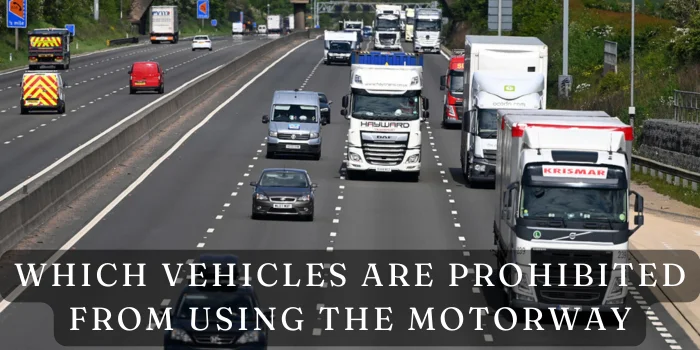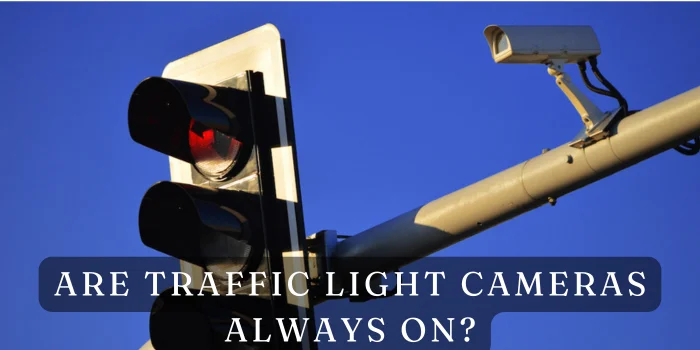Do All Speed Cameras Flash? A Complete Guide for UK Drivers
When driving on UK roads, one question often arises: Do all speed cameras flash? Many drivers have been puzzled by this question, especially when passing by one of those ominous roadside devices. Understanding the ins and outs of speed cameras is crucial for staying on the right side of the law and for peace of mind.
Speed cameras are a common sight across the UK, playing a significant role in road safety by deterring speeding and enforcing traffic laws. But while some cameras flash brightly, others don’t seem to do anything, leaving drivers wondering about their effectiveness. This article delves into the different types of speed cameras, how they work, and why not all of them flash.
Types of Speed Cameras in the UK:
It’s essential to know the different types of speed cameras that operate across the UK to understand why not all speed cameras flash.
Fixed Speed Cameras:
Fixed speed cameras are permanently installed at specific locations and designed to monitor a particular stretch of road. They’re often found in areas with a history of speeding or accidents. Some cameras flash when they capture an image of a speeding vehicle, but not all do.
Mobile Speed Cameras:
Law enforcement officers operate Mobile speed cameras from vehicles or handheld devices. They can be positioned in various locations and often catch drivers off guard. Some mobile speed cameras flash like fixed cameras, but others don’t.
Average Speed Cameras:
Average speed cameras measure your speed over a certain distance. Instead of focusing on one specific point, they calculate your average speed between two or more cameras. These cameras typically don’t flash since they track your speed over time.
Red-Light Speed Cameras:
Red-light speed cameras are installed at traffic lights to catch drivers who run red lights. These cameras can also monitor speed and may flash when a violation occurs. However, this is only sometimes the case.
How Do Speed Cameras Work?
Speed cameras use various technologies to detect and record speeding vehicles.
The Technology Behind Speed Cameras:
Most speed cameras use radar, laser, or sensors embedded in the road to measure a vehicle’s speed. When a vehicle exceeds the speed limit, the camera triggers to take a photo, capturing evidence of the offence.
Do All Speed Cameras Flash? Understanding the Mechanism:
Not all speed cameras flash. The flash is usually a visible indication that a picture has been taken, primarily to capture the vehicle’s number plate in low light conditions. However, some cameras use infrared technology, which doesn’t require a flash to capture clear images, even at night.
Why Some Speed Cameras Flash and Others Don’t:
There are specific reasons why you might see a flash from one-speed camera and not from another.
Flashing Cameras vs. Infrared Cameras:
Flashing cameras use visible light to ensure a clear image is taken, especially at night. Infrared cameras, on the other hand, operate without a flash, using invisible infrared light to capture images. These are less noticeable to drivers, which can lead to the misconception that they aren’t working.
The Role of Night-Time Enforcement:
Low light makes capturing clear images at night more challenging. This is where flashing cameras come into play. They provide a burst of light to ensure the vehicle’s details are visible in the photograph. Infrared cameras don’t need this flash, making them a preferred choice for night-time enforcement in some areas.
Do Average Speed Cameras Flash?
Average speed cameras are an entirely different breed. They monitor your speed over a distance rather than at a single point. Because of this, they don’t need to flash to catch you in the act. Instead, they rely on time-stamped images taken at different points, which are then compared to calculate your average speed.
The Impact of Weather on Speed Camera Flashes:
Weather conditions can affect how well a speed camera captures images.
Rain and Fog:
Visibility is reduced in adverse weather conditions like rain or fog. Flashing cameras might struggle to capture clear images, while infrared cameras can perform better in these conditions without a flash.
Bright Sunlight and Glare:
Conversely, bright sunlight can cause glare, making it difficult for a camera to take a clear photo. In such cases, a flash might be used to counteract the effects of the bright light.
What Should You Do if a Speed Camera Flashes?
If you see a speed camera flash, it can be alarming. Here’s what you should do.
Immediate Actions:
First, remain calm. If you were speeding, you might receive a Notice of Intended Prosecution (NIP) within 14 days. You must check your speed and ensure you stay within the legal limits to avoid further incidents.
Understanding the Penalties:
Speeding penalties can range from a fine to points on your license or even attending a speed awareness course. The severity depends on how much over the limit you were and whether it’s a first-time offence.
Common Myths About Speed Cameras:
There are plenty of myths about speed cameras, some of which can lead to dangerous misconceptions.
Myth 1: All Speed Cameras Flash:
As we’ve discussed, not all speed cameras flash. Some use infrared, while others, like average-speed cameras, don’t need flash.
Myth 2: You Can Outrun a Flashing Camera:
It’s a common belief that if you speed up, you can avoid being caught by a speed camera. However, this is not only dangerous but also false. Speed cameras are designed to capture images at high speeds, and trying to outrun one is illegal and unsafe.
Conclusion:
In summary, while some speed cameras flash, not all do. Understanding how different types of speed cameras work can help you stay informed and avoid unnecessary penalties. Remember, the best way to avoid getting caught by a speed camera is simple: don’t speed.
FAQs:
Do all speed cameras in the UK flash?
No, not all speed cameras in the UK flash. Some use infrared technology that doesn’t require a flash.
Can a speed camera catch you without flashing?
Yes, many speed cameras can capture images without flashing, especially those that use infrared or operate as average speed cameras.
What should I do if I didn’t see a flash?
If you didn’t see a flash, it doesn’t necessarily mean you weren’t caught. Some cameras don’t flash visibly but still record your speed.
Are there speed cameras that only work at night?
Most speed cameras operate 24/7, but some are more effective at night, especially those with infrared capabilities.
How can I avoid getting caught by a speed camera?
The best way to avoid getting caught is to adhere to speed limits and drive safely.





